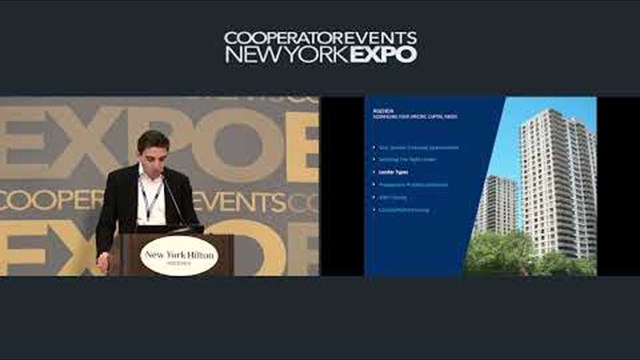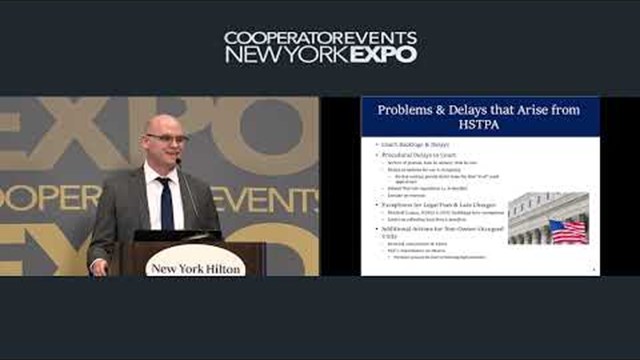Certain cooperatives (co-ops) and condominiums (condos) that wish to be eligible for the co-op and condo property tax abatement are in a mad dash to submit the newly required prevailing wage affidavit.
Which Communities Must Submit the Affidavit to Qualify?
In a previous alert, we advised that effective April 1, 2022, condos and co-ops must be deemed a “Qualified Property” in order for the building or any of its unit owners or shareholders to receive a tax abatement pursuant to Section 467-a of the Real Property Tax Law (§ 467-a). That means for properties that have (i) 30 or more residential dwelling units and an average unit assessed value of more than $60,000, or (ii) fewer than 30 residential dwelling units and an average unit assessed value of more than $100,000, condos and co-ops must submit an affidavit certifying that they are paying their service employees prevailing wages.
As such, the New York City Department of Finance (DOF) published a preliminary list of buildings that must submit the prevailing wage affidavit to qualify for the abatement. The prevailing wage affidavit must be submitted by April 15, 2022 unless further extended, as part of the initial or renewal application process for the 2022-23 tax abatement period.
Further, co-ops and condos that already submitted their application for the tax year 2022-23 still need to submit the prevailing wage affidavit. The affidavit must be signed by an officer of the co-op or condo, or by an authorized agent, such as the managing agent of the building.
When Must Co-ops & Condos Pay Prevailing Wages?
The prevailing wage affidavit requires the affiant to certify that all building service employees employed or to be employed shall receive the applicable prevailing wage for the duration of the tax abatement year. However, that begs the question: When do boards need to start paying their service employees prevailing wages? Is it the date that the affidavit was executed? Or perhaps it is April 1, 2022, when the changes to § 467-a become effective? Or is it July 1, 2022, when the fiscal year commences? To answer what could be more than a million-dollar question for some building communities, we sought clarification from the Office of the New York City Comptroller (ONYCC). The ONYCC advised that:
The prevailing wage requirement under Real Property Tax Law section 467-a is only in effect during the time that the building is receiving the tax abatement. Buildings that apply and are approved for the abatement starting July 1, 2022, must begin paying prevailing wages on July 1, 2022. Because the affidavit is part of the application process for the abatement period commencing July 1, 2022, prevailing wages must be paid starting July 1, 2022, and not before.
What Are the Prevailing Wages?
For a brief overview of the current prevailing wage schedule, please see the following link. “Wage” is defined to include the basic hourly cash rate of pay and supplements. According to the New York Department of Labor, “[S]upplements are fringe benefits including, [among others], medical or hospital care, pensions on retirement or death, and vacation and holiday pay,” which a board may want to consider to properly meet the prevailing wage calculation. However, these supplements do not include certain fringe benefits that are required by law such as NYS COVID-19 Leave, NYS Vaccination Leave, and in some instances, the Paid Sick Leave and Earned Safe and Sick Time Act. Boards of condos and coops should contact their counsel to (1) evaluate who qualifies as a service employee under § 467-a and (2) prepare a customized prevailing wage analysis tailored to the service employees employed at the building.
Leni Morrison Cummins, Jennifer D. Miller, & Janice Sued Agresti are attorneys with the New York offices of law firm Cozen O’Connor. For more information, visit cozen.com.










Comments
Leave a Comment